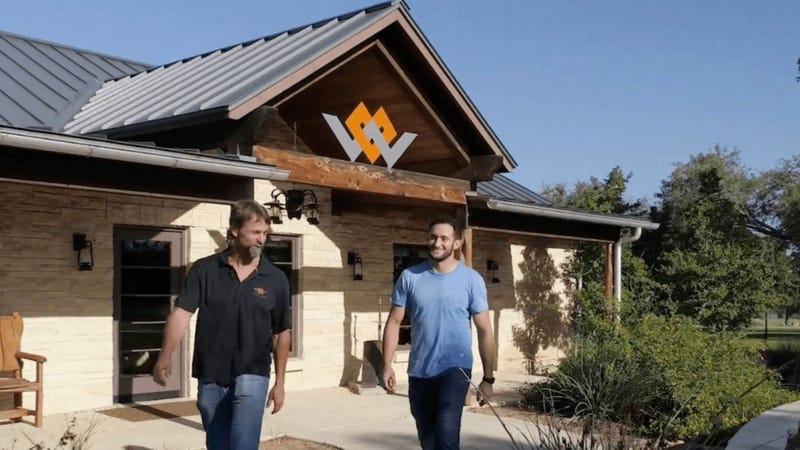
The holidays can be a tough time for the families of warriors – service members, veterans and first responders - who are struggling with addiction and Post Traumatic Stress.
“During the holidays, family gatherings and relationships can be even more strained,” said retired Army Master Sgt. and president and founder of Warriors Heart Tom Spooner. “If someone is struggling with alcohol abuse or using loved ones will often hear promises that they will get help `after the holidays.’”
Spooner knows what it's like to battle an addiction. He got sober in his early 20s while serving in the military.
“I was a high-functioning alcoholic,” he said. “I was doing great in my job for the U.S. Army, but I almost lost my marriage because my personal life was a mess. To save my marriage with my high school sweetheart, I got sober - saved the marriage, raised 2 sons.”
Spooner began Warriors Heart in 2016 with Josh and Lisa Lannon to help his fellow warriors struggling with addiction and PTSD, depression, suicide ideation, and other co-occurring issues - and their loved ones.
He said many addicts don’t realize that the best gift that they can give their family is to get sober and offered the following tips for the loved ones of warriors who are struggling.
1. Look for signs that a loved one is struggling (withdraws from social activities, drinks more, gets irritated around family).
2. Rehearse what you might say if a loved one is ready to talk or crosses a boundary. (Ask “How are you feeling?” or “What do you need?”).
3. Set boundaries, and stick to them. Start with small boundaries that you can keep.
4. Remove all alcohol and illicit drugs from your home. Make the home a sanctuary.
5. Plan ahead with sober activities for the entire family (hiking, movies, art).
6. Find ways your family can serve others by volunteering.
7. Practice self-care activities for you and your warrior (massage, nails, gym).
8. Recognize that addiction is a disease, and don’t try to shame loved ones.
9. Seek support from professionals if it becomes overwhelming or not safe.
10. After exhausting other options, give a loved one an ultimatum from the heart, and mean it.
Warrior’s Heart offers a 42-day on-site treatment program on 500-acre ranches in Texas and Virginia. Spooner said the program utilizes evidence-based treatment including one-on-one therapy, group therapy and electives such as metal and wood shop, art therapy, K-9, equine therapy, gym, fishing and hiking.
“We've had more than 3,200 warriors go through our program to rebuild their lives and `come home,’” he said.
Warrior’s Heart also offers aftercare for its alumni and their loved ones with a 24-hour hotline.
“You are not alone - the military and veteran community is a family, and we are here to help you and your loved ones,” Spooner said.
For more information, visit here or call the 24-hour hotline that is answered by warriors at 866-955-4035.
Reach Julia LeDoux at Julia@connectingvets.com.
